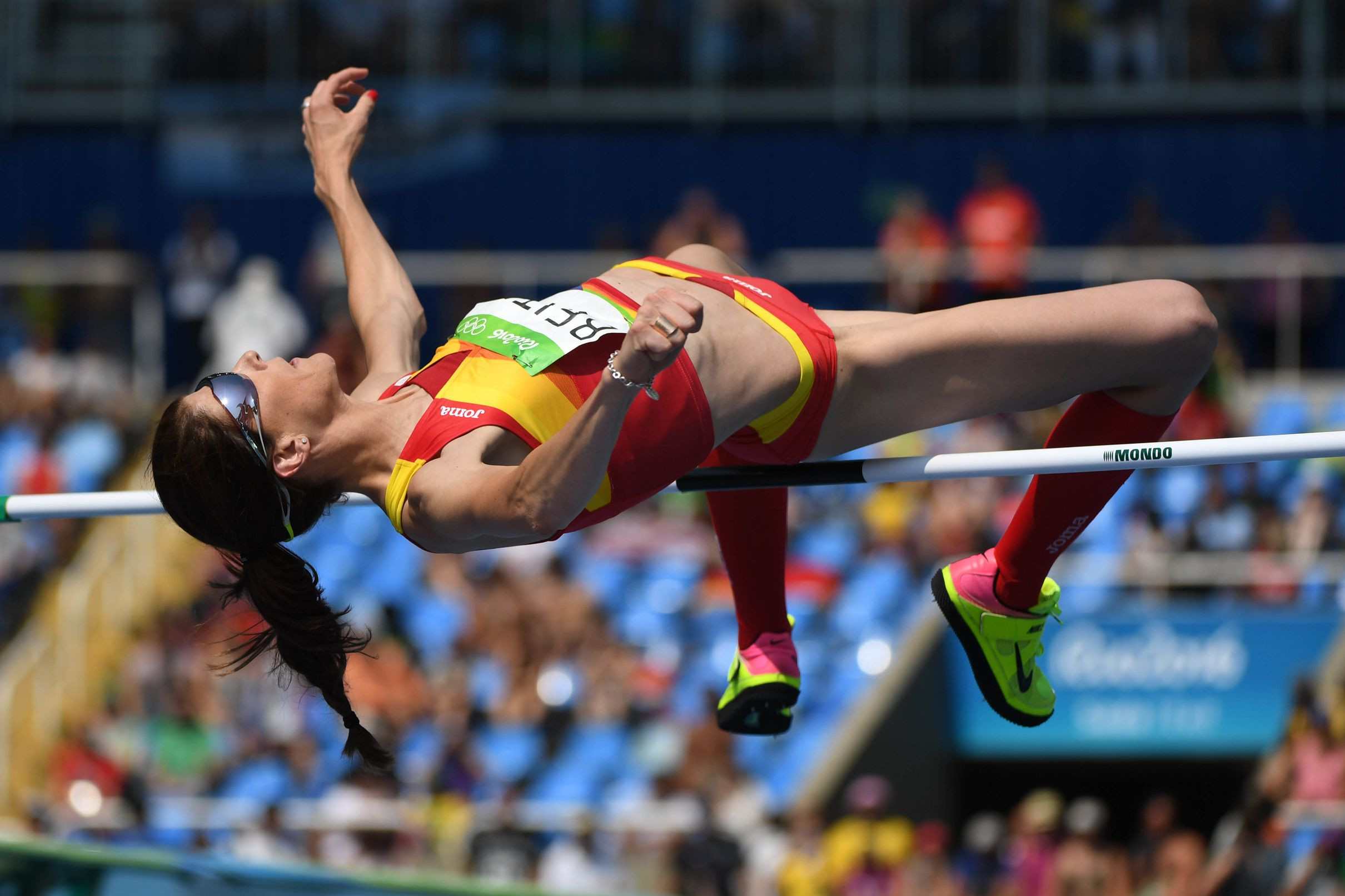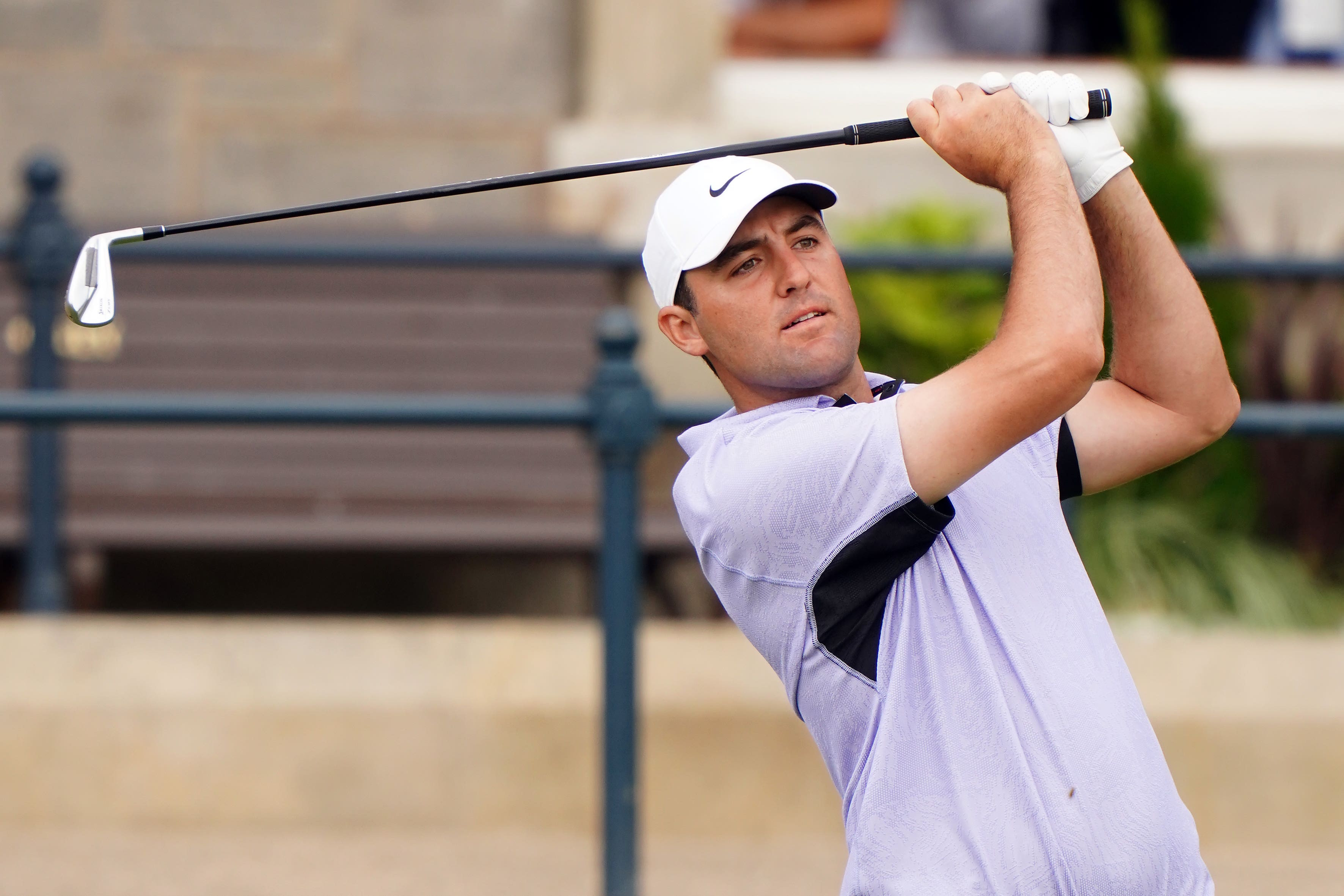The men’s high jump at the Olympics came down to sudden death.
After New Zealand’s Hamish Kerr and American Shelby McEwen both cleared 2.36 meters, the two athletes went to a jump-off for gold, declining to split the top podium spot.
It was the Pacific nation’s first ever medal at the high jump and their ninth gold of the Paris Games.
Three years ago in Tokyo, the same scenario played out between Qatar’s Mutaz Essa Barshim and Italy’s Gianmarco Tamberi, but the two agreed to share gold instead of having a jump-off.
That, however, is a rarity at gold for the Olympics, and Barshim referred to it as a “one-time thing” in an interview with Agence France-Presse earlier this year.
“To be honest, it will never happen again,” Barshim, who took bronze in Tokyo, told AFP in April. “That moment, we’ll never share that again. It was a one-time thing. Coming back from injuries and a dark place, I wanted to do something different, something with a different meaning.
“I’m glad it touched so many people’s hearts, but we’re sportspeople, we’re professionals. We always want to be the best. We have that fire, ‘I want to beat you, you want to beat me.'”
His prediction was ultimately proven correct on Saturday, though Barshim himself didn’t qualify to take part in the jump-off.
Instead, it was Kerr who jumped for gold.
A Look Back at the Jump-Off
The two men went into the jump-off after each clearing 2.36 meters in regulation. But neither was able to clear 2.38 meters, leading to the tiebreaker. The bar was lowered to 2.36 meters, and the drama continued as both athletes missed again. Finally, the bar was lowered to 2.34 meters. This is where the tension reached its peak. McEwen went first, but unfortunately, he missed. It was then Kerr’s turn, and he successfully cleared the bar. This victory made Kerr the first person from New Zealand to ever win gold in the men's high jump at the Olympics.
The Road to the Tiebreaker
The high jump competition was filled with intensity from the very beginning. Tamberi, a Tokyo 2020 co-gold medalist, was navigating health challenges. He was in the emergency room vomiting blood from a kidney colic just hours before the competition. Barshim, the other Tokyo 2020 co-gold medalist, was also dealing with his own health challenges. He had a calf injury that he sustained in the preliminary round.
Despite the challenges, Tamberi managed to clear bars at 2.17 meters and 2.22 meters. However, he failed at 2.27 meters, ending his Olympic title defense. Six jumpers cleared 2.31 meters, and four cleared 2.34 meters.
A Moment of Triumph for Kerr
With the bar at 2.36 meters, only Barshim, Italian Stefano Sottile, McEwen, and Kerr were still in the running. Only McEwen and Kerr cleared this height. Kerr’s clearance was an Oceanian record. The jump-off that followed was a tense and exciting spectacle, as both athletes missed their first attempts at 2.38 meters. The bar was then lowered to 2.36 meters, and both athletes missed again. With the bar lowered to 2.34 meters, McEwen missed again, but Kerr was able to clear the bar. This win solidified Kerr's place in the history books and made New Zealand proud.
A Silver Lining for McEwen
While McEwen didn't get the gold, his performance was still impressive, especially considering he and Kerr both missed multiple attempts at the highest height. His second-place finish is a testament to his dedication and skill, and it is safe to assume that he will be a force to be reckoned with in future competitions. McEwen also made history by being the first American high jumper to win a medal since 2012.
Looking Ahead
The 2024 Olympics in Paris saw some incredible feats of athleticism and dedication. Kerr's gold medal win in the high jump is a reminder of the power of determination and perseverance. As for McEwen, his silver medal shows that he is a force to be reckoned with and has a promising future in the high jump. It’s going to be exciting to see how these athletes, and the other competitors who made their mark on the world stage, will continue to progress and strive for greatness in the years to come.

















